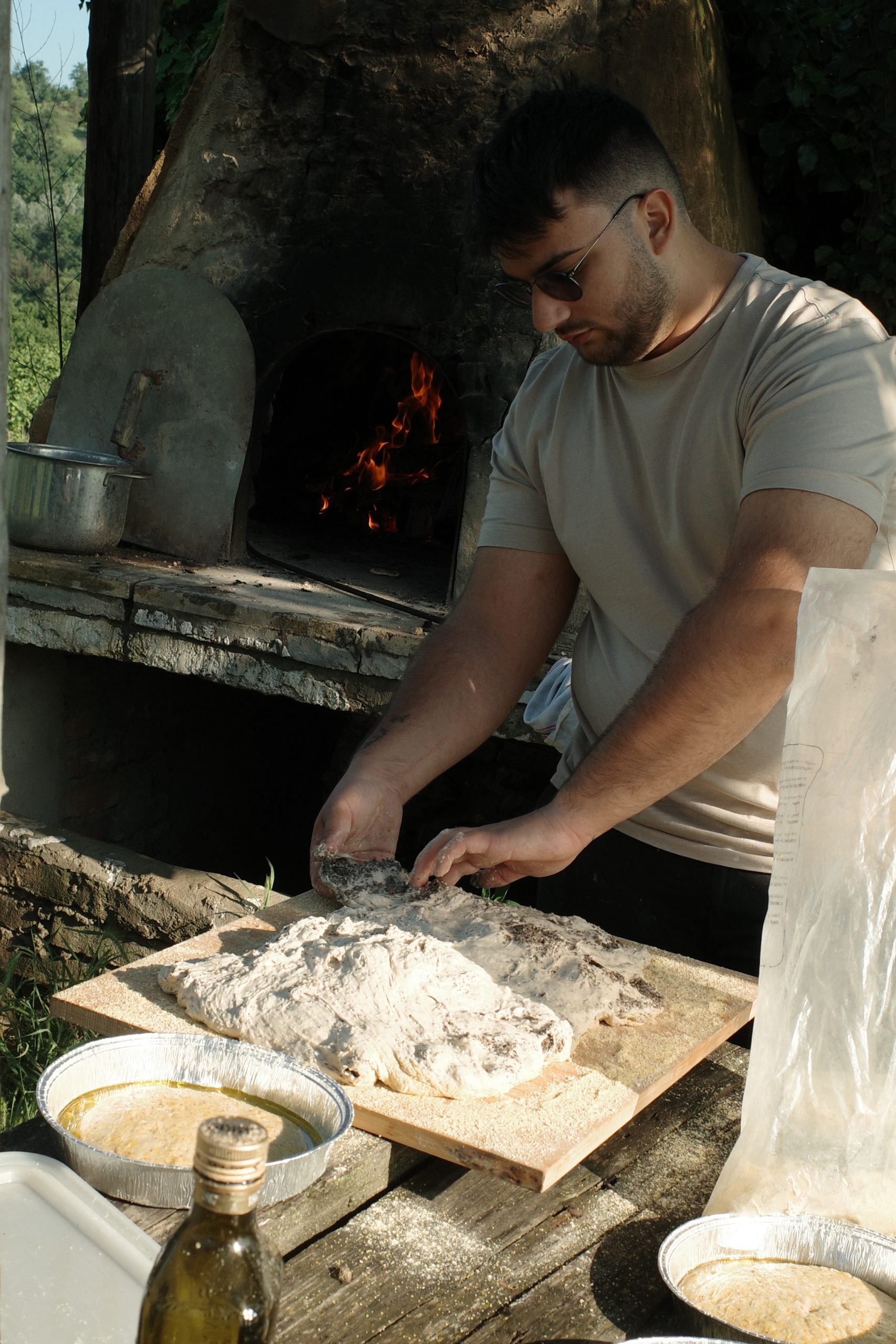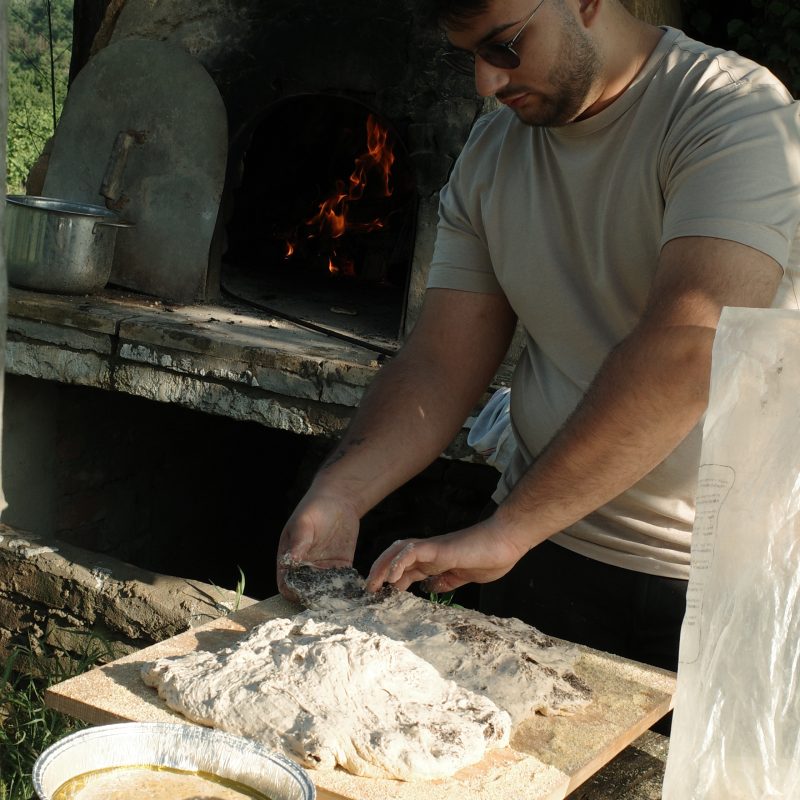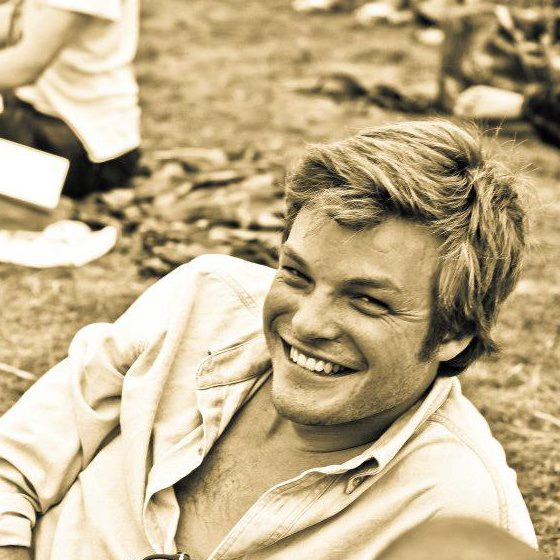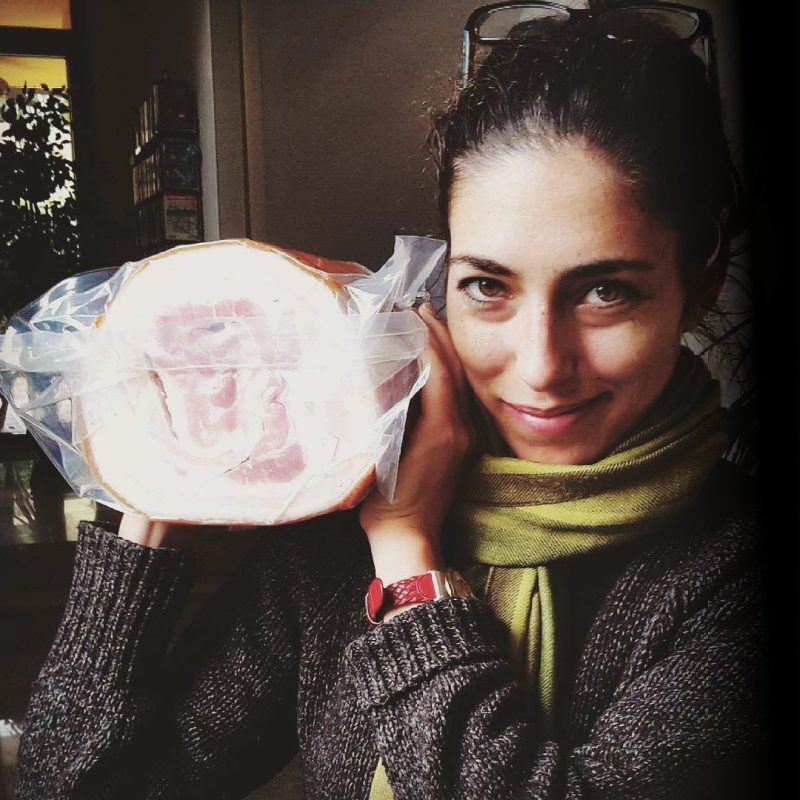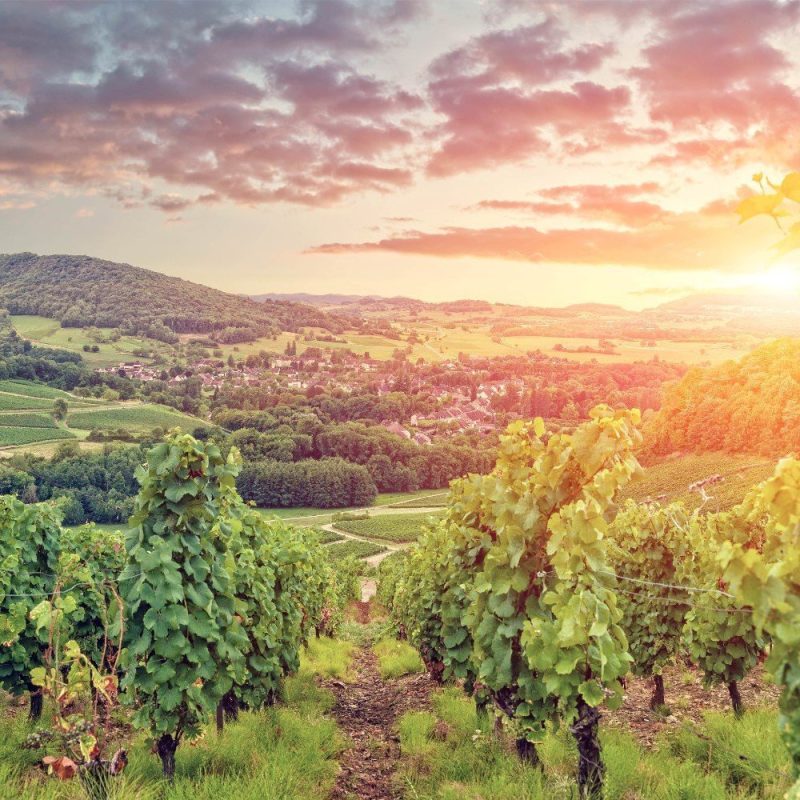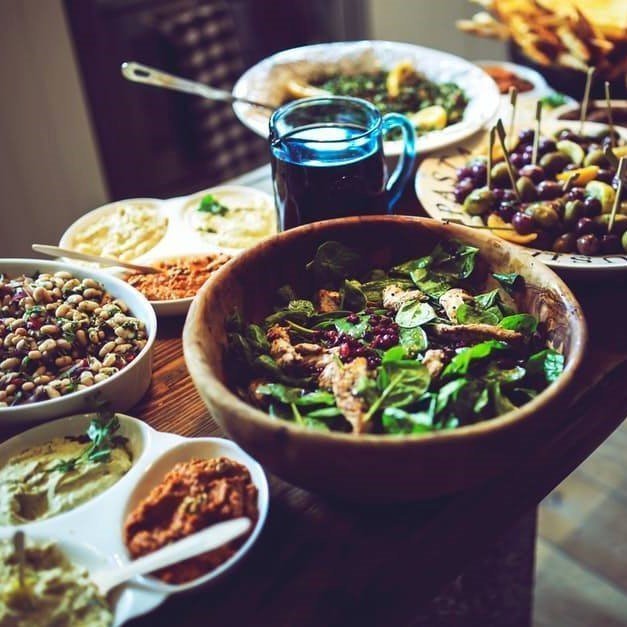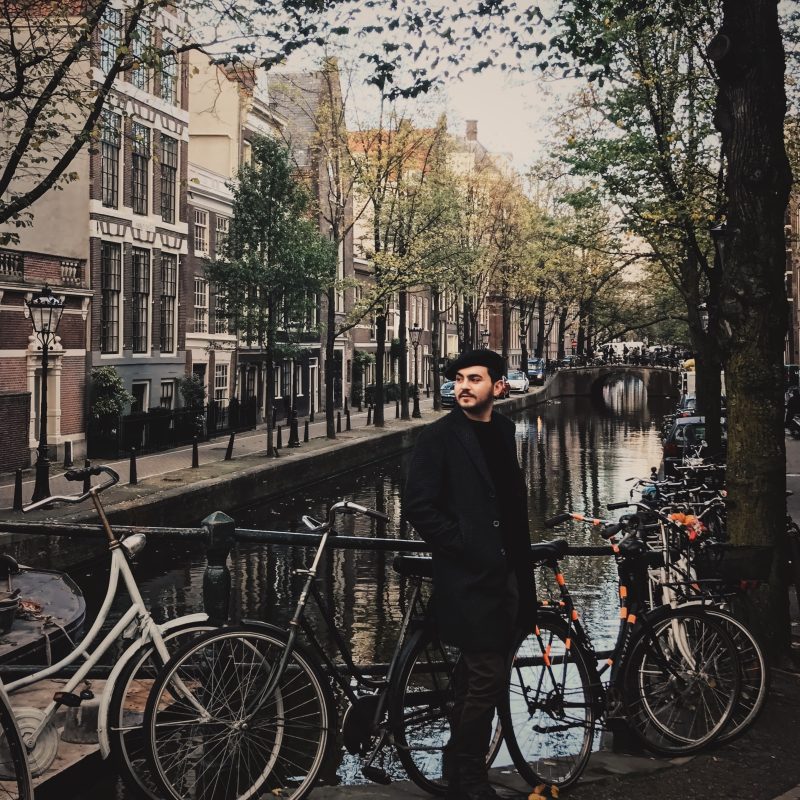Words by Mattia Gridelli Molinari
Photos by Xiangling Li
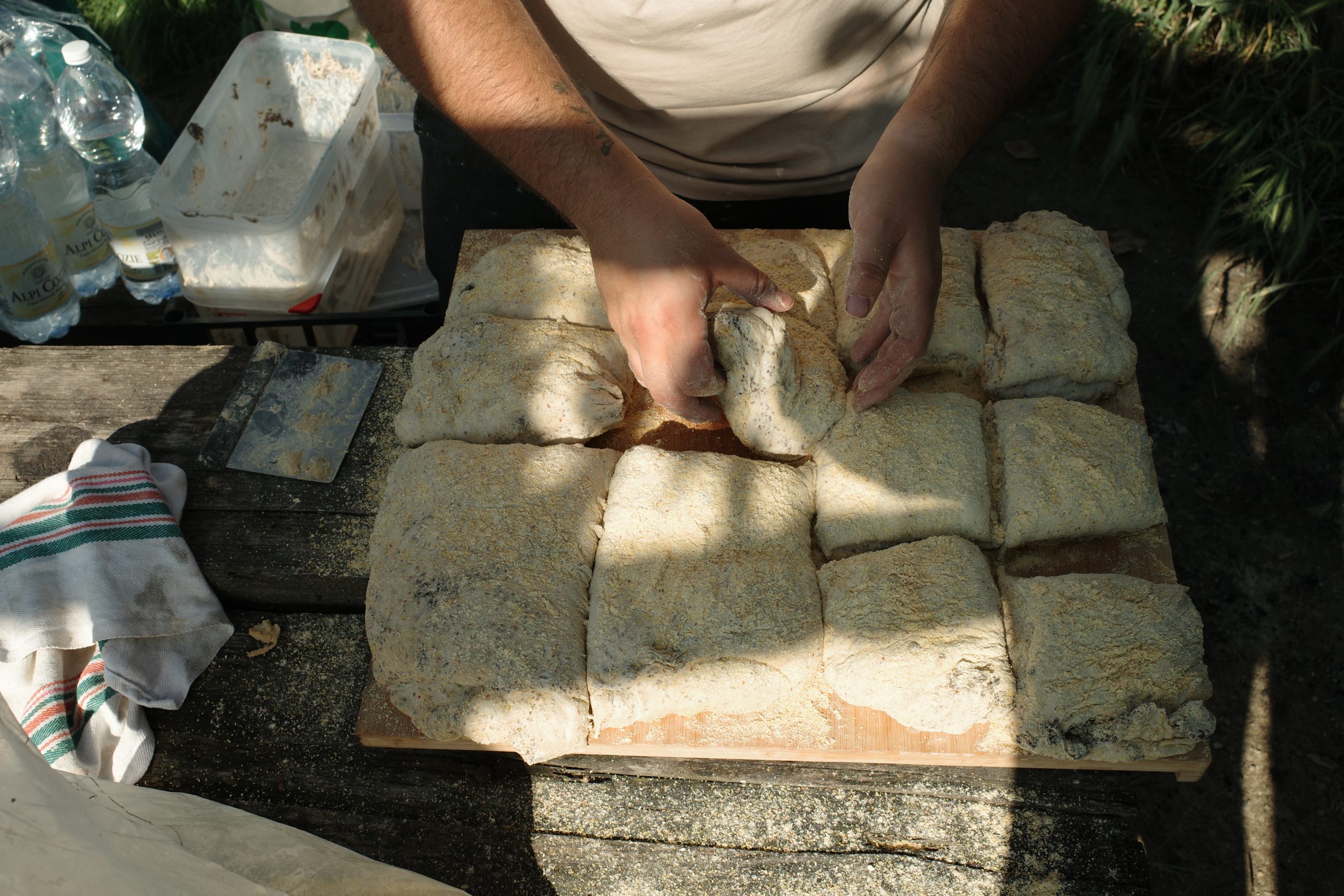
There is a slow-rising loaf of bread that is building a community and, with its sound of crunchiness and the smell of baked goods, it gathers people around. They come to see how a simple mix of water, yeast, and flour can lead to awareness for a more sustainable life.
The inception of Slow Bread was serendipitous. While the Slow Food Youth Network (SFYN) of Pollenzo-Bra was looking for an event to invigorate the food scene in Bra, an excess of heirloom wheat flour was resting, wrapped in a thick paper bag, on the floor at Stefano d’Aversa’s house.
But let’s recap and step back before Slow Bread was conceived and Stefano, the man behind the idea, started to scratch the crust of the world of bread.
To date, a bachelor student at UNISG, Stefano began to bake right before the pandemic, thinking bread was just a mix of water, flour, and yeast. “Bread making represented only a technical endeavor to me. I was focusing on achieving the perfect dough and fermentation, following the rules laid out in books and the ones I learned from experienced bakers that inspired me.”
A GUT FEELING GAME
Then, deepening his hands in the dough and trying to make his best loaf seemed to be the only valuable aim to reach at that time. Soon, a party of single-celled organisms came to visit him, and the meeting with that living culture of yeasts, also known as sourdough, traced a line on Stefano’s path as a breadmaker. Hanging out with the sourdough and baking almost five days a week in the kitchen of his apartment, Stefano ended up setting his domestic oven on fire due to overload.
But above all, dealing with the resilience of the sourdough and its way of being a bit different from day to day turned his aloof approach to bread-making into a discovery journey of his own self. However, it was not without its psychological challenges, as the need for perfection often overshadowed the process. Over time, mistakes and wrong turns became learning opportunities, revealing to Stefano the intuitive nature of bread making.
“It made me realize how much it is a gut-feeling game,” he reflects.
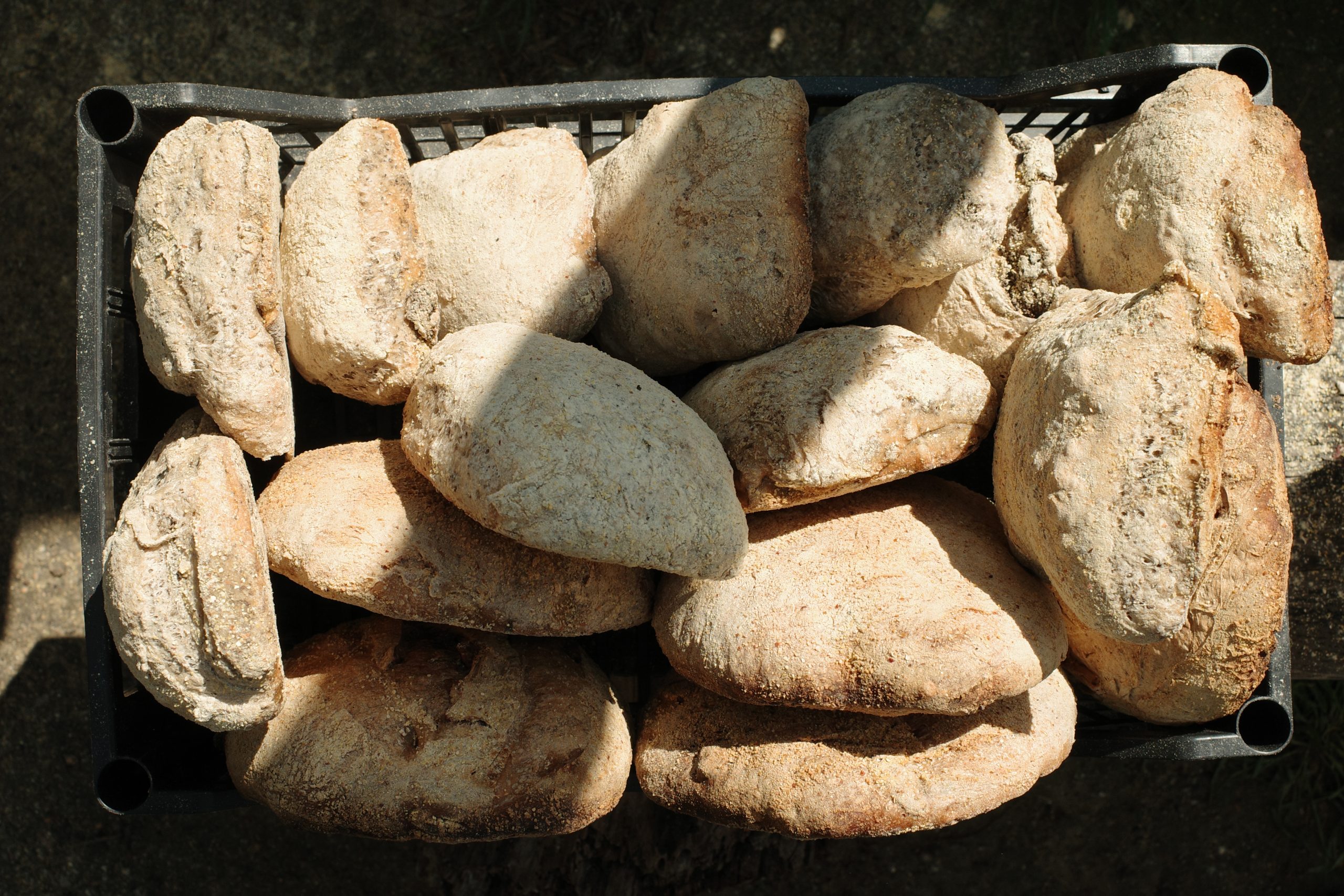
THE FIRST SLOW BREAD MEETING
Therefore, on a mild November day in 2023, Slow Bread set off as a catalyst to make necessities react and transform into a new, crunchy opportunity. The first event was held in the hilly landscape of Pocapaglia, where a consistent group of UNISG alumni gathered in the picturesque atmosphere of a place that’s now one of the symbols of Pollenzo Student’s life. Framed by hazelnut fields, fruit trees, and wild herbs, an extemporary roofless arbor covers a brick and stone wood oven facing south.
“I don’t consider myself a teacher, and Slow Bread was not meant to be a workshop in its first stages. It was only about sharing perspectives on the act of baking, making it an intercultural event where participants could connect around bread,” says Stefano about the first meeting.
TIME TO RISE
Then, as winter was whispering throughout the chimney, rapidly cooling down the oven, it was time for Slow Bread to rest and rise; just like the process of fermentation, it needed its time to develop more complex aromas.
During that time, Stefano attended the classes of Prof. Paola Migliorini and Prof. Franco Fassio. Respectively teaching agroecology and gastronomic design, they kneaded Stefano’s thoughts with new ingredients to make his bread even more nourishing.
“After six months of incubation, I decided to give Slow Bread a second chance and even a third because I was thrilled by the sharing experience of the first attempt. Thus, the following events were built on the first one, evolving from a necessity-driven activity to a platform for sharing more and more knowledge about and beyond bread making.”
That aspect of conveying more than just bread-making techniques was clear to those who attended the latest Slow Bread edition, held during the Twentieth Anniversary of UNISG at the end of May 2024.
On the occasion, Stefano introduced his bread with coffee grounds, showing a perfect example of circular economy applied to food production. “You pay for coffee grounds, not just caffeine; it’s about reusing a byproduct,” he said during the event.
By developing a bread like this, he highlighted a key aspect of the circular economy, especially in that new bakery format we are getting used to more and more nowadays, when we see a cafeteria at the front desk of a bakery.
Since the first event, Slow Bread has evolved and it’s taking bread making workshops to another level, but to Stefano it always represents a chance for personal growth.
“I’m a shy person and the act of sharing through bread making has allowed me to open up. While I knead, my hands do the talking. Most of the time, I converse with the dough without looking people in the eyes. It’s an intimate act where I apply strategies that help me to share.”
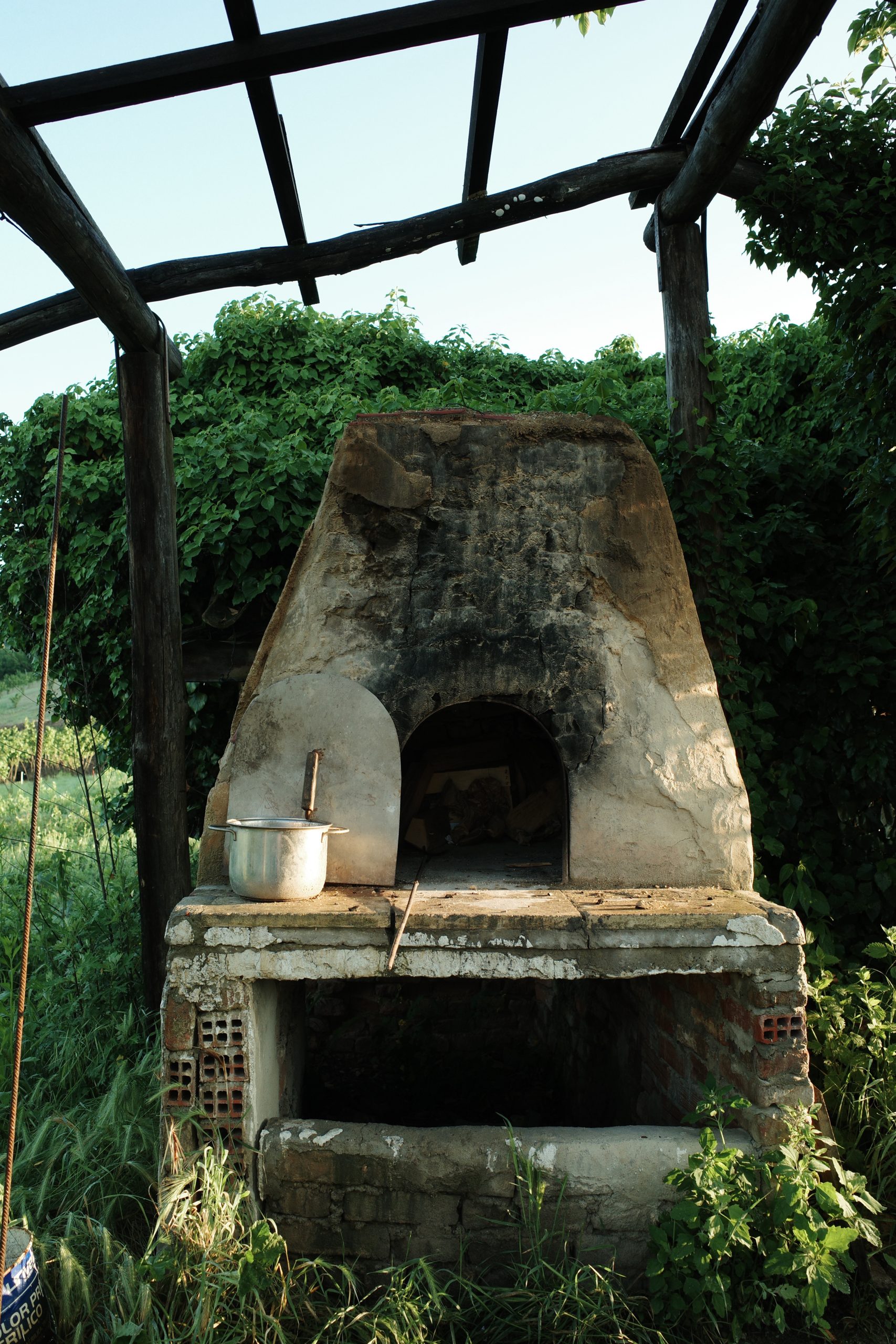
I WANT TO FIGHT BESIDE BREAD
There’s more than just technical proficiency in a Slow Bread event, and the transformative power of this approach has already been shown. Participants leave with a deeper understanding of what’s behind a loaf of bread; first of all, the connection with the soil where wheat grows and thus the Earth. Then, the intertwined work of the farmer, the miller, and the baker.
“A knowledge that I hope the participants can carry into their daily lives when it comes to choosing which bread to eat. People expect bread at 2€ per kilo but know nothing about its production. Behind it, there are many figures that work really hard,” Stefano emphasizes.
In fact, Slow Bread’s purpose is to spread knowledge about the complexities of the bread-making process, often overlooked by consumers who demand cheap bread without understanding its production chain. Educating the public about the value of local, high-quality ingredients versus mass-produced, intensively farmed products is a crucial mission for Slow Bread.
“At the supermarket, poorly made flour costs the same as organic, heirloom grain flour. That’s a real problem!” and a challenge for conscious bakers out there.
